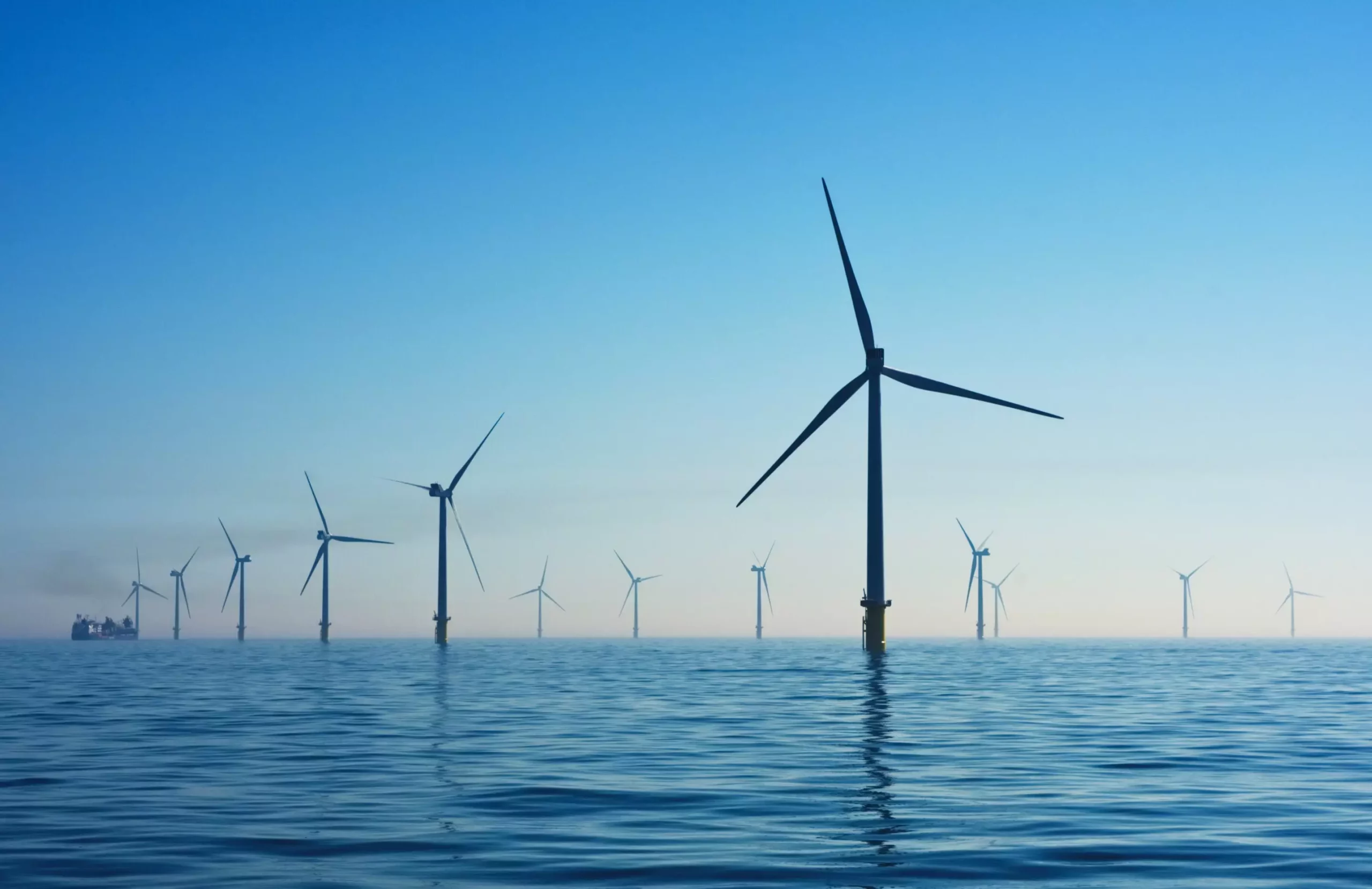Offshore wind energy development is increasingly being touted as a crucial solution to combat climate change. However, the burgeoning industry is not without its controversies, especially when local communities voice concerns about environmental degradation. The situation in Nantucket, Massachusetts, exemplifies this clash between renewable energy initiatives and ecosystem conservation, as residents mobilize against federal decisions that they believe prioritize political agendas over environmental stewardship.
Nantucket residents, specifically the nonpartisan community group ACK For Whales, have recently filed a petition urging the Supreme Court to reassess a lower court’s ruling. This legal challenge stems from contentious decisions made regarding offshore wind projects, which they argue were approved in haste without adequately considering their potential impact on marine ecosystems.
The legal battles surrounding this controversy become particularly pronounced following a notable incident involving Vineyard Wind, which culminated in a turbine blade failure earlier this year. As Nantucket became ground zero for debates regarding offshore wind energy, the implications of federal decisions on the local oceanic environment and endangered species came to light.
In April, a federal appeals judge dismissed arguments presented by ACK For Whales, asserting that federal agencies acted within their rights while permitting a large-scale wind farm consisting of 62 turbines capable of generating 806 megawatts of energy. The court’s dismissal largely hinged on the interpretation of the Endangered Species Act (ESA), which residents contend was overlooked as construction proceeded. Central to ACK For Whales’ position is their assertion that the National Marine Fisheries Service (NMFS) neglected its duty under the ESA to consider “the best available scientific and commercial data” before proceeding.
Vallorie Oliver, the president of ACK For Whales, articulated her frustrations regarding governmental oversight, stating, “The disastrous blade catastrophe in July—not to mention the evidence of grave harm to an endangered species—makes clear the cost of the government’s decision to ignore its own laws.” This highlights the passionate stance many residents have taken, arguing that the urgency to expedite green energy projects should not come at the expense of environmental safety, particularly concerning the North Atlantic right whale, an endangered species that often finds itself navigating the waters near proposed wind farms.
Adding to the complexity of this situation is the mention of an attorney representing federal agencies, suggesting that local fishermen and residents demonstrate little interest in safeguarding the very species at risk. This dismissal of community concerns feeds into a larger narrative about rural voices often being overshadowed by bureaucratic ambitions.
Legal Precedents and Implications
The case presented by ACK For Whales is notable for being among the first to challenge offshore wind approvals at the Supreme Court level. Their legal team, spearheaded by attorney Nancie Marzulla, underscores the significance of the Supreme Court’s decision in the Loper Bright case. This ruling empowered the judiciary to more actively scrutinize regulations and interpretations issued by federal agencies. As Marzulla notes, the recent court’s interpretation directly counters the 1st Circuit’s approach, which allegedly sidestepped crucial ESA requirements by deferring responsibility back to federal agencies.
This pivot showcases a potential shift in judicial philosophy, offering a glimmer of hope for activists seeking accountability in environmental decision-making. The outcome of this case could set a significant legal precedent, determining how future offshore wind developments are scrutinized concerning environmental laws.
As Nantucket stands at the forefront of this critical legal battle, the outcome is likely to resonate beyond its shores. The pushback from local residents signifies a broader movement advocating for transparency and adherence to environmental regulations amidst the push for renewable energy. The tension between advancing wind energy as a climate solution and safeguarding marine biodiversity encapsulates a vital discourse that will shape policy decisions for the industry moving forward. As this case progresses, the implications for both community rights and environmental protection could redefine the future landscape of offshore wind development across the United States.


Leave a Reply